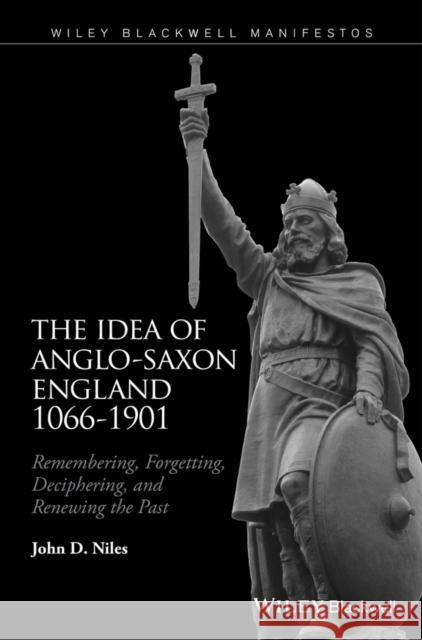The Idea of Anglo-Saxon England 1066-1901: Remembering, Forgetting, Deciphering, and Renewing the Past » książka
topmenu
The Idea of Anglo-Saxon England 1066-1901: Remembering, Forgetting, Deciphering, and Renewing the Past
ISBN-13: 9781118943328 / Angielski / Twarda / 2015 / 448 str.
- The Idea of Anglo Saxon England, 1066-1901 presents the first systematic review of the ways in which Anglo-Saxon studies have evolved from their beginnings to the twentieth century
- Tells the story of how the idea of Anglo-Saxon England evolved from the Anglo-Saxons themselves to the Victorians, serving as a myth of origins for the English people, their language, and some of their most cherished institutions
- Combines original research with established scholarship to reveal how current conceptions of English identity might be very different if it were not for the discovery - and invention - of the Anglo-Saxon past
- Reveals how documents dating from the Anglo-Saxon era have greatly influenced modern attitudes toward nationhood, race, religious practice, and constitutional liberties
- Includes more than fifty images of manuscripts, early printed books, paintings, sculptures, and major historians of the era











